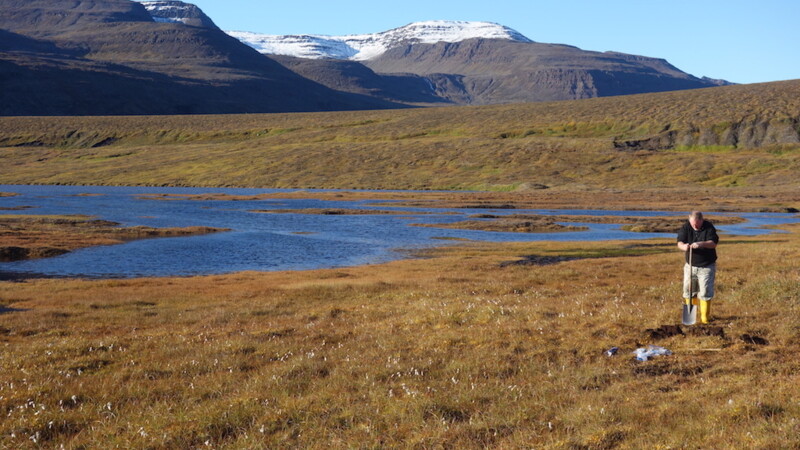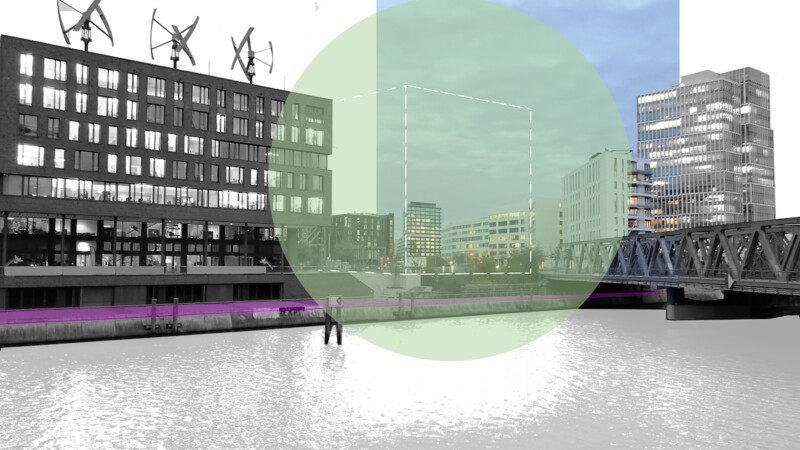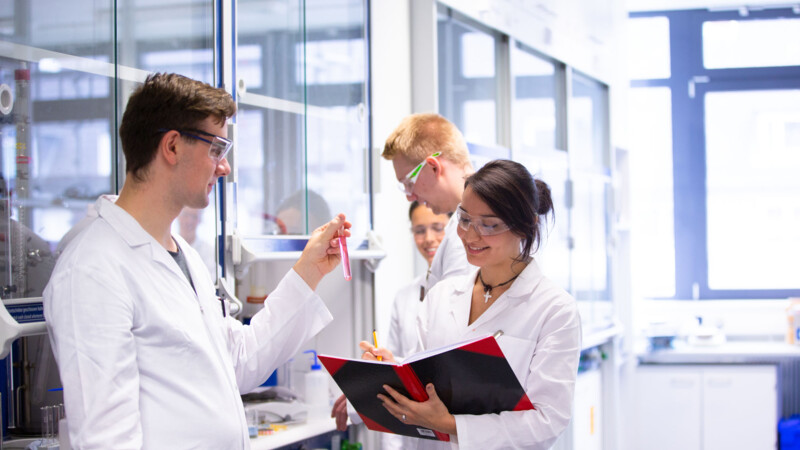"We are researching ways to remove CO2 from the atmosphere and store it permanently to limit the risks of climate change," said Jens Hartmann, Professor of Geology at the University of Hamburg and head of the project. "We and our colleagues in soil science and biology are also investigating how other positive effects of plant charcoal and rock flour can be optimised." Rock flour, for instance, can fertilise depleted fields and increase yields. The surface of the charcoal, on the other hand, binds nitrogen and phosphorus, preventing them from leaching into the groundwater. At the same time, the coal fixes harmful heavy metals and stops them from damaging plants.
PyMICCS focuses on removing carbon dioxide from atmosphere
The German Ministry of Education and Research (BMBF) has earmarked EUR 1.7 million in funds for the "Pyrogenic Carbon and Mineral Weathering" (PyMiCCS) until October 2025. The project involving the University of Hamburg investigates how plant carbon and rock flour can be combined to create synergy effects and reduce the level of CO2 in the atmosphere.
Impact of plant charcoal and rock flour on climate
PyMiCCS - nationwide collaborative project
The PyMiCCS project involves the University of Hamburg, the Department of Earth System Sciences at the Faculty of Mathematics, Informatics and Natural Sciences (MIN) and the Centre for Earth System Research (CEN). The researchers are collaborating closely with researchers at the Potsdam Institute for Climate Impact Research (PIK) and Geisenheim University (HGU).
mm/sb/pb
Sources and further information
More
Similar articles

EUR 3.5 million for permafrost "MOMENT" project


